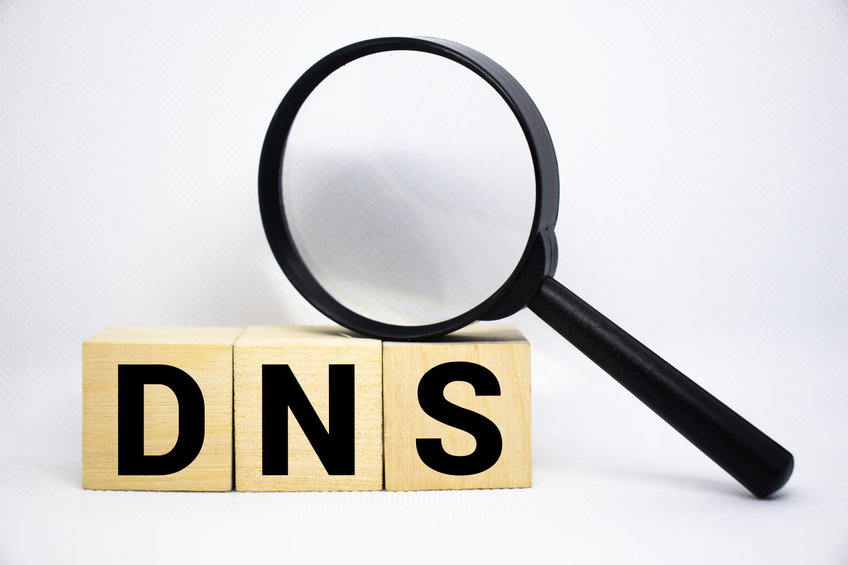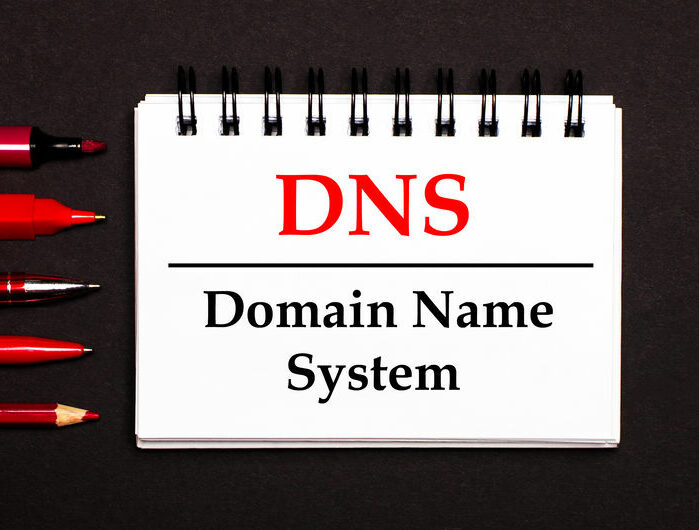The purpose of the Free Monitoring service
The Free Monitoring service is a priceless resource. It provides a wealth of information about the status of your servers, which you use for web, email, DNS, and other purposes.
It allows you to monitor and understand your servers’ status in real-time. If you monitor your network regularly, you will be able to detect various issues, such as component failure or prolonged traffic. Furthermore, if a problem arises, a service like this will notify you automatically via email, text, or another mechanism like webhooks.
The Monitoring service detects overloaded routers, server failures, and network connectivity issues.









